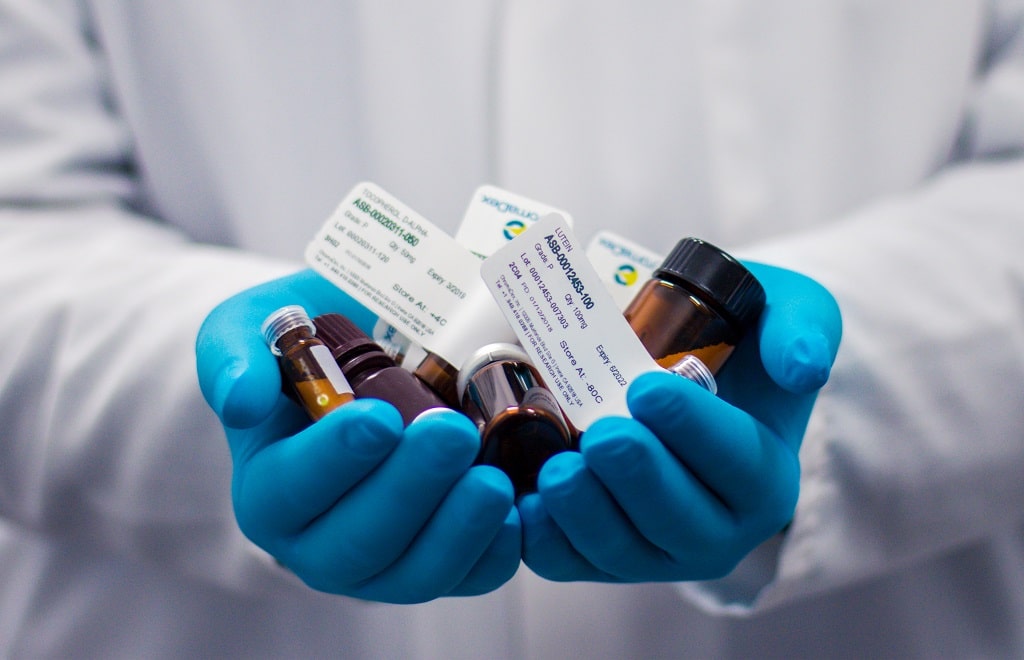Health care, due to the current political climate, is a hot topic and is on everyone’s mind.
And while it may feel like we can do very little to help the situation, those of us in the digital marketing or MarTech industry can ask ourselves, how can we improve our healthcare using new technology? How do we handle all the data that’s already, or is about about to become, available? How can we enrich people and systems alike with what we’ll be able to do in the near future?
Neophiles Vs. Neophobes
Healthcare tech, it various uses and pitfalls are the focus on discussion and it’s got tempers running high. The electronic patient file has been a topic of discussion for years. This debate usually centres around opinions driven by fear and hope – a debate held between neophiles and neophobes.
Neophobes view technology as an uncontrollable entity that will take over their jobs, violate their privacy and impact human connections negatively. Neophiles, on the other hand, are seeing new possibilities arise in the job market and believe in a more efficient world where human contact can actually improve thanks to technology.
Usually, the majority finds itself somewhere in the middle, which brings nuance to this debate. But within the world of technological developments, that isn’t really the case.
New technology is after all usually produced by neophiles, with a vision focused on the future, but in healthcare, almost everyone is convinced that good care is provided by people. Various studies have shown that when a doctor has more contact with a patient, that patient’s chances of recovery increase and they will make less use of the healthcare system. So more contact between doctors and patients would eventually lead to cheaper health care.
That’s surely the debate settled then? Well, not quite.
Human Contact X Technology
If we’re to believe the neophiles, the combination of new technology and human contact really does make healthcare more efficient.
But what would that look like? Dr David Feinberg, who spearheads Google’s health team that is working to optimise the 70.000 health-related queries Google processes every minute: almost a billion a day. All the data Google is gathering makes it the biggest health database in the world.
‘Dr David Feinberg has long been an advocate of bringing care out of the medical facility and into the home [predicting that] half of today’s inpatient services will soon be rendered in people’s homes, and without the many risks associated with a hospital stay (ranging from infection to delirium).’ Robert Pearl, M.D., Why Did Google Hire Geisinger CEO Dr. David Feinberg?, Forbes.com
Because Google can scan infinite quantities of content using image recognition, they have now gotten to a point where they can distinguish a birthmark from melanoma. There’s an almost immeasurable amount of data available, so who’ll get Alzheimer’s or who’s at risk for high blood pressure or diabetes are things that can be discovered in an early stage. It’s all dependent on your DNA, where you live, and where you were born.
With this in mind, it’s reassuring to know that Google’s diagnoses have proven to be more accurate than doctors’. Not due to a lack of knowledge within the medical industry, but simply the amount of data available to Google and the speed with which it can analyse this data. To optimise this process and actually provide a tangible healthcare service, vast quantities of personal data are needed to facilitate personalised care.

Ultimately making healthcare more efficient and personal, by reducing the numbers of cases ending up in hospitalisation and giving doctors more time to treat than diagnose.
The Happy Medium
But is Google really going to improve our health care system? Google is convinced that they are. They just want to know everything about you first. And the fact of the matter remains that despite all their efforts to improve health care, Google can’t do this alone. Not even with medical professionals.
The solution mostly lies with the system’s watchmen. Health insurance companies and politicians are responsible to find the balance. As long as insurance companies or the NHS need to turn a profit, pay salaries, and limit medication costs all while providing the best personalised care, not a lot will change. Which is where politicians can play a part.
Various parties are currently working on their own vision for health care. More efficiency, cheaper medication, lower costs. The ideal format lies somewhere in the middle. That said, healthcare probably won’t get cheaper to provide int he UK or sell in the US. But it could definitely be more efficient and more compassionate, with more attention and knowledge behind diagnosis so doctors can focus on treatment and contact using data to provide customised care.

